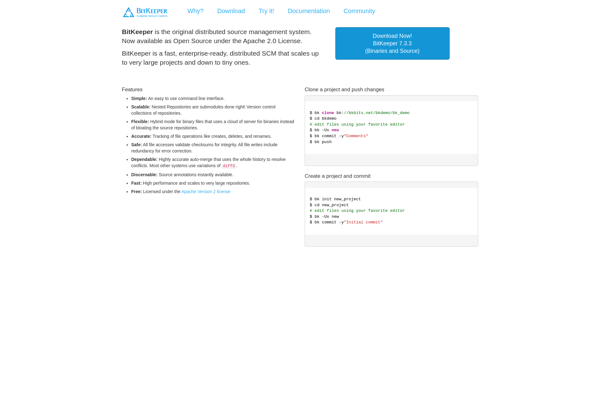Artefactual AtoM
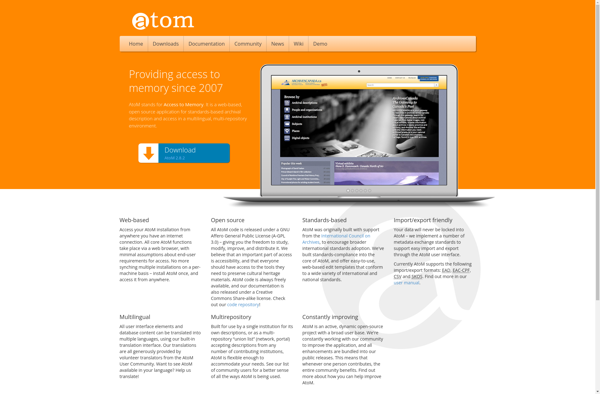
Artefactual AtoM: Open Source Software for Archival Description
Artefactal AtoM helps archivists, librarians, and researchers publish and share archival descriptions and make collections accessible online
What is Artefactual AtoM?
Artefactual AtoM is an open source web-based application for standards-based archival description and access. It allows archivists, librarians, and researchers to publish and share archival descriptions of physical and digital objects, making collections accessible online.
Key features of AtoM include:
- Browser-based access, allowing users to contribute descriptions and content from anywhere
- Support for standards such as ISAD(G), ISAAR, Dublin Core, and EAD finding aids
- Multilingual user interface supporting over 35 languages
- Hierarchical and contextual navigation through archival descriptions and digital object replicas
- Search and browse features for easy discovery within and across collections
- Customizable public-facing repository with multiple options for end user access
- Authentication for editorial access and workflow management
- Administrative functionality for managing user roles, rights, and settings
With an emphasis on internationalization and flexible deployment, AtoM is used by a global community of archivists and technical administrators to make unique archival material available to users online. Customizable both technologically and presentationally, it is suitable for small to large descriptive databases.
Artefactual AtoM Features
Features
- Web-based accessions management
- Multi-level description standards support
- Flexible metadata standards
- Multilingual interface
- Access controls and user permissions
- Linked data support
- Customizable workflows
- Reporting and statistics
Pricing
- Open Source
Pros
Cons
Official Links
Reviews & Ratings
Login to ReviewThe Best Artefactual AtoM Alternatives
Top Education & Reference and Archival Management and other similar apps like Artefactual AtoM
Nextcloud
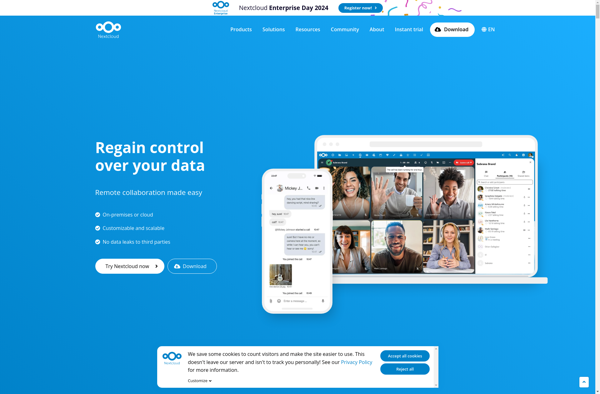
OwnCloud
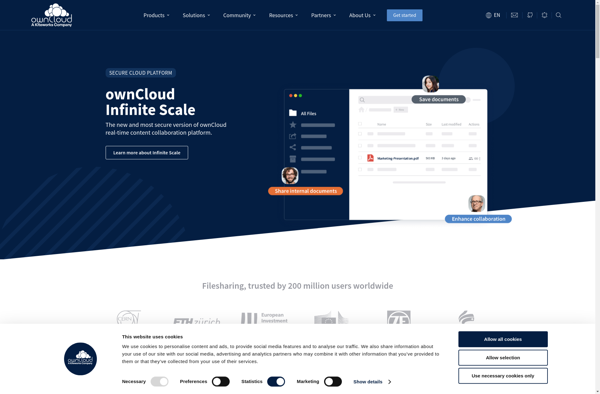
YunoHost

MinIO
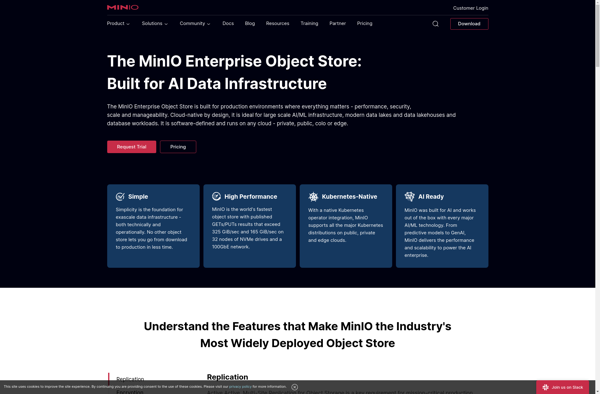
Seafile
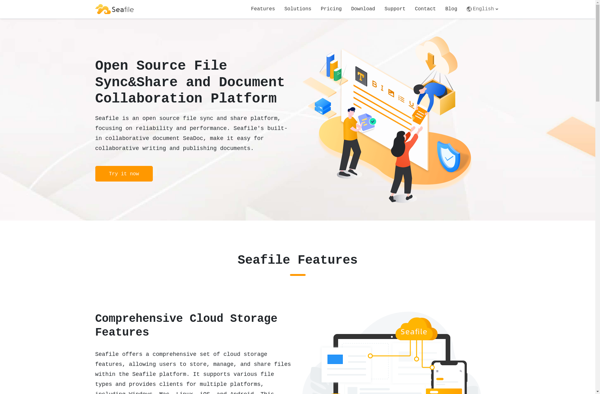
Pydio

SyncTrayzor
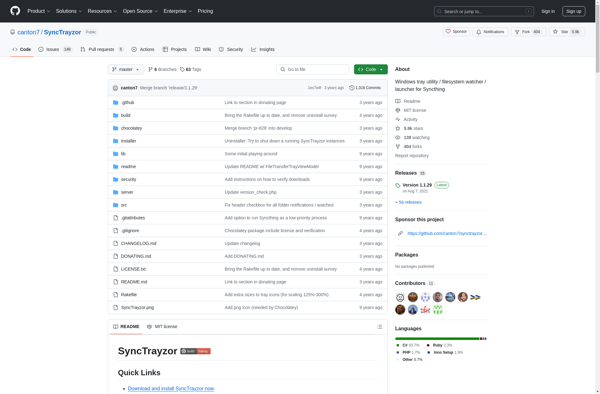
IPFS
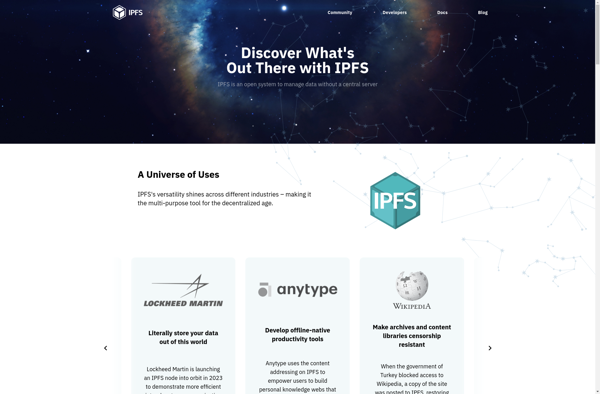
Radicale
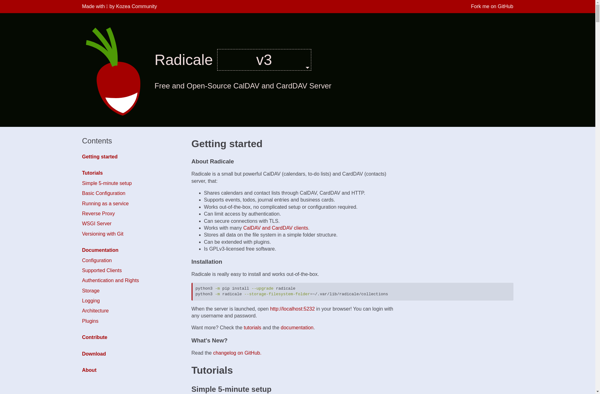
Filestash
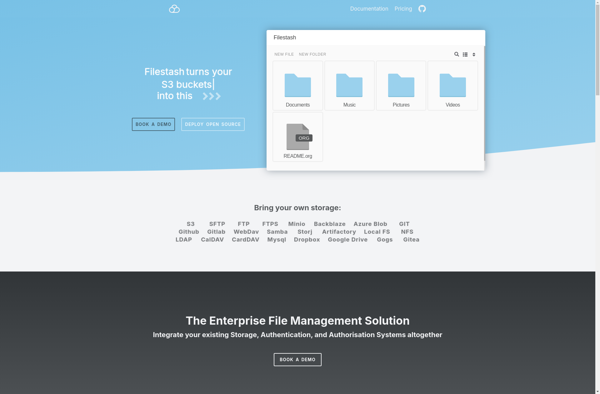
Storj
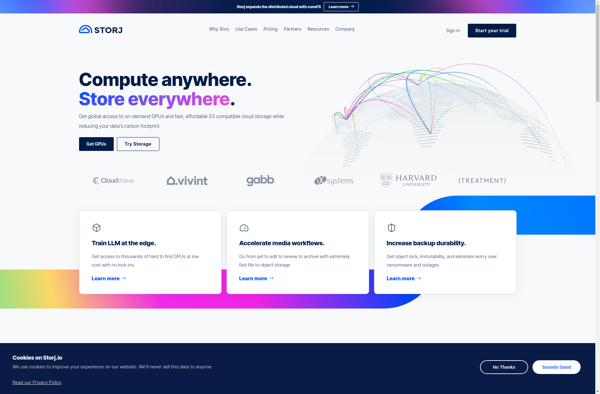
Lufi
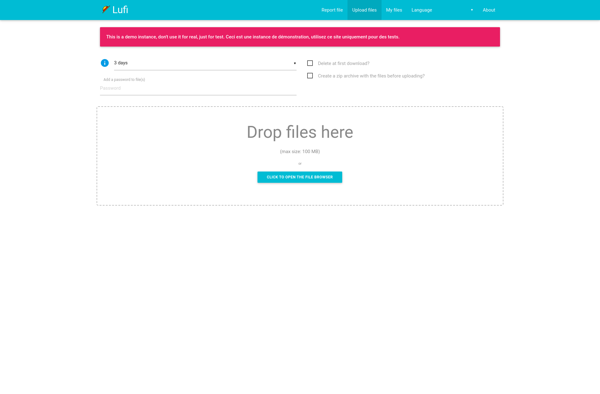
BitKeeper
